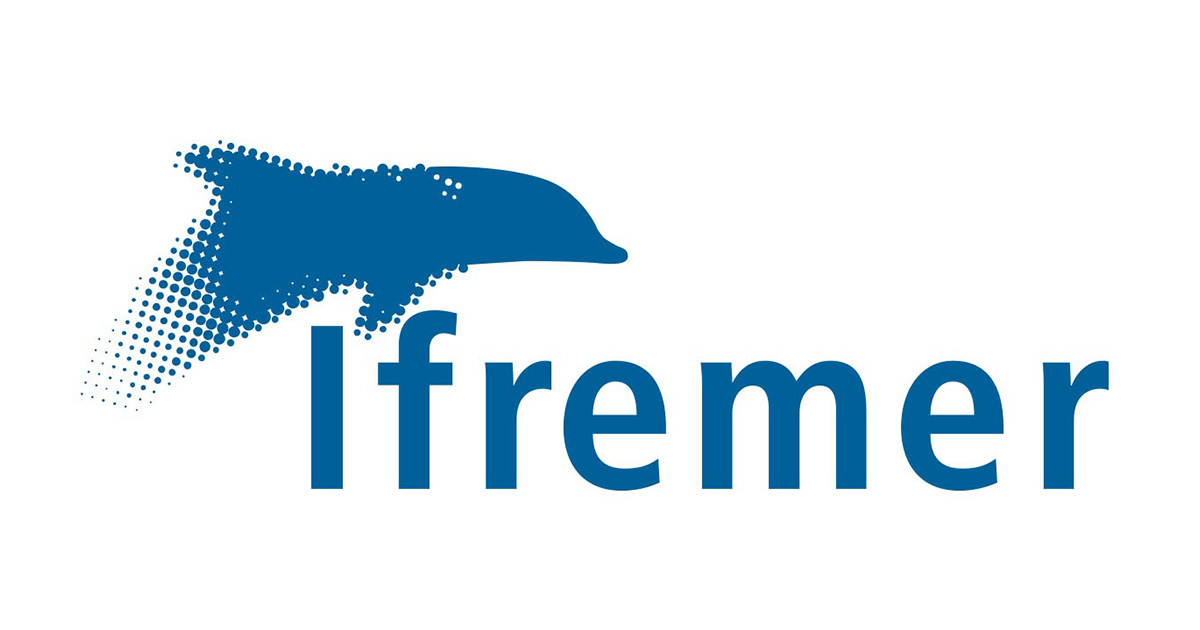With more than 1,500 personnel spread along the French coastline in more than 20 sites, the Institute explores the 3 great oceans: the Indian, Atlantic, and Pacific oceans.
A leader in ocean science, IFREMER is managing the French Oceanographic Fleet and its dedicated scientists create ground-breaking technology to push the boundaries of ocean exploration and knowledge, from the abyss to the atmosphere-ocean interface.
Well-established in the international scientific community, our scientists, engineers, and technicians are committed to advance knowledge about our planet’s last unexplored frontiers. They provide the science we need for informed decision-making and public policy, and they transfer this knowledge and technology to businesses to fulfill public and private needs. Core to our mission is also to strengthen public awareness about the importance of understanding the ocean and its resources, and empowering future generations of leaders through education and outreach national campaigns.
Geo-Ocean is a new research unit with three main supervisor authorities: the CNRS (National Centre for Scientific Research), the University of Brest (UBO) and IFREMER, and a secondary supervisor: the University of Southern Brittany (UBS).
Geo-Ocean's scientific and technical skills are broken down into research themes with the following major scientific and societal challenges:
- Observing, understanding, and modelling our coastal systems to better manage and protect them in the face of climate change and cumulative anthropogenic impacts
- Pushing back the frontiers of observation and understanding of active processes (tectonic, volcanic, sedimentary, and chemical) in the marine environment
- Defining and understanding the heterogeneities, dynamics and interactions within the Earth's envelopes and their impact on the geodynamics and vertical movements of the oceanic domains.
- Identify the relationships between living organisms and their geological environment on all time and space scales
- To guide society's access to marine resources in a sustainable and responsible manner.
- To address these scientific questions, Geo-Ocean researchers have developed a framework of strong national and international collaborations and several partnerships with industry.
Within this Unit, the Cycle Biogéochimiques Et Ressources (CYBER) team is interested in the flow of matter and energy between the oceanic lithosphere and the hydrosphere. Research on these different envelopes and their interfaces is carried out using geological, geochemical, and numerical approaches in order to understand exchanges and transfer mechanisms to the open ocean, and the formation of potential deep-sea resources (e.g., mineral resources, natural hydrogen). It is also interested in studying the biogeochemical cycles of the deep oceans and the ancient Earth. The team has a cross-disciplinary technical component in the fields of in situ and ex situ physico-chemical measurements, and the development of biogeochemical tracers in the water column, fluids, sediments, and rocks.
Main tasks
As a main task, the researcher will work under the CYBER team leader and in support of the scientific leader of the ANR Hydraclay research project. The work will focus on understanding the mechanisms of formation and accumulation of natural gas hydrates in geological matrices (clays and sands). It is based on the reproduction of natural hydrate formation conditions in terms of thermodynamic stability, the geochemistry of the surrounding fluids and the mineralogy of the sediments. The research program aims to understand the role of sediment mineralogy and interstitial fluid salinity on hydrate formation and growth.
As secondary tasks, the researcher will collaborate with other researchers and technical staff from the laboratory and UMR Geo-Ocean on the analytical development of a tool for the detection and characterization of high-pressure gas hydrates using acoustic waves.
Main activities
He/she will be responsible for laboratory experiments to study the influence of gas flowrate on hydrate formation kinetics, distribution, and morphology (habit) from natural matrices collected in the Black Sea.
He/she will participate in the preparation and characterization of sand/clay mixtures and their water/salt content in collaboration with the ISM and PHENIX.
He/she will be involved in the development of analytical methods and their optimization for the detection of gas hydrates.
Required Knowledge, skills, and characteristics
- PhD degree in analytical chemistry, thermodynamics, process engineering or equivalent (obtained less than 3 years ago)
Skills required
Professional experience and specific skills:
- Strong aptitude for experimental work, particularly at high pressure
- Desired knowledge of experimental methods for studying gas hydrates
- Expertise in the implementation and development of analytical methods
- Desired knowledge of porous or sedimentary media
Personal qualities (interpersonal skills):
- Ability to listen and make suggestions, good dialogue, and interpersonal skills
- A sense of responsibility; scientific and organizational rigor
- Sense of general interest, team spirit and autonomy
- A taste for innovation and the ability to establish collaborations





